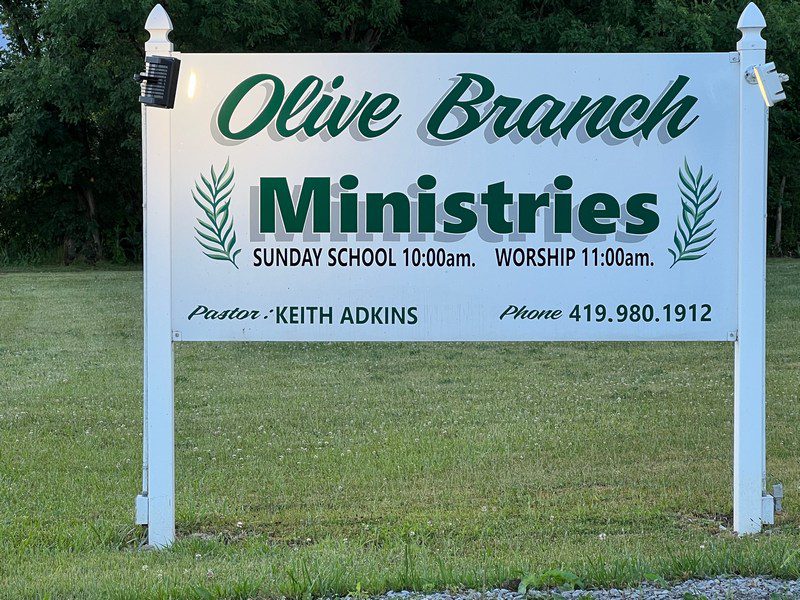
By Marty Schladen, Ohio Capital Journal, Used with Permission
When the United States adopted an income tax in 1913, a major purpose was to make the system progressive and ease growing inequality. More than a century on, Ohio’s system of taxation is having the opposite effect — it’s taxing poor residents much more heavily than the rich and driving further inequality, according to a report released this month.
In fact, Ohio has the 15th-most unequal system of taxation, according to the Institute for Taxation and Economic Policy’s 7th annual analysis, “Who Pays?”
The Buckeye State also has the dubious distinction of having the 12th-highest state and local tax rate — 12.7% — for the poorest 20% of households, the report said. That was more than double the rate — 6.3% — paid by the 1% of households with the highest incomes in Ohio. Additionally, the poorest 80% of households paid at least 10% in state and local taxes, which means the bulk of Ohioans face significantly heavier burdens than their richest neighbors.
Ohioans are hardly alone. The Institute for Taxation and Economic Policy report said that in 41 states, the highest 1% are taxed at lower rates than everyone else and that 34 — including Ohio — tax the bottom 20% at a higher rate than any other income group.
Not only do low and middle-income households pay more of state and local taxes as a share of their own income, nationally they also pay more in terms of their share of their states’ overall incomes, the report said.
“In other words, not only do the rich, on average, pay a lower effective state and local tax rate than lower-income people, they also collectively contribute a smaller share of state and local taxes than their share of all income,” it said. “This limits states’ ability to raise revenue, particularly as inequality increases. Research shows that when income growth concentrates among the wealthy, state revenues grow more slowly, especially in states that rely more heavily on taxes that disproportionately fall on low and middle-income households.”
Poverty and inequality are serious problems in Ohio. For example, Medicaid, the state/federal health program for the poor, serves almost a third of Ohioans.
Many also lack the most basic necessities.
The U.S. Census Bureau’s Household Pulse Survey in October estimated that 357,000 Ohioans often or sometimes didn’t have all the food they need. It also estimated that members of 62,000 households who rent thought it was very or somewhat likely they would be evicted in the next two months.
Even so, they’re being asked to shoulder more of the burden for state and local government than the richest Ohioans.
The Institute for Taxation and Economic Policy report looked at all state and local taxes people pay, including those on income and property and user fees such as sales and gasoline taxes. Since user fees are the same regardless of income, the less you earn the more of a percentage they take up of your income.
Many economists say relying too heavily on such taxes serves to make the poor poorer.
The federal income tax was proposed as a way of raising revenue — and to address growing inequality. President William Howard Taft, an Ohio Republican, in 1909 proposed a constitutional amendment allowing for it. The amendment was ratified in 1913, and in the debate leading up to ratification many representing agrarian interests said making things more equal was the entire point.
“The purpose of this tax is nothing more than to levy a tribute upon that surplus wealth which requires extra expense, and in doing so, it is nothing more than meting out even-handed justice,” said Rep. William H. “Alfalfa Bill” Murray, D-Okla.
At the height of the push, Ohio voters in 1912 gave their OK for a state income tax by a 52-48 margin. But it wasn’t until 1971 that the General Assembly adopted it, and opponents have been chipping away and doing other things to reduce the burden on the wealthy ever since.
For example, a tax break benefitting people who can run their income through a limited liability company is costing the state $1 billion a year, despite doing little to fulfill promises to juice the Ohio economy.
In addition, the budget passed by the legislature and signed into law last year reduced the top tax rate in Ohio from 3.99% to 3.75% and then will consolidate the top two brackets and reduce them to 3.5%.
The moves seem likely to make worse what the Institute for Taxation and Economic Policy found in its analysis.
“Forty-four states’ tax systems exacerbate income inequality,” it said. “When the lowest-income households pay the greatest proportion of their income in state and local taxes, gaps between the most affluent and everyone else grow larger.”
Bruce Gerencser, 68, lives in rural Northwest Ohio with his wife of 47 years. He and his wife have six grown children and sixteen grandchildren. Bruce pastored Evangelical churches for twenty-five years in Ohio, Texas, and Michigan. Bruce left the ministry in 2005, and in 2008 he left Christianity. Bruce is now a humanist and an atheist.
Your comments are welcome and appreciated. All first-time comments are moderated. Please read the commenting rules before commenting.
You can email Bruce via the Contact Form.













